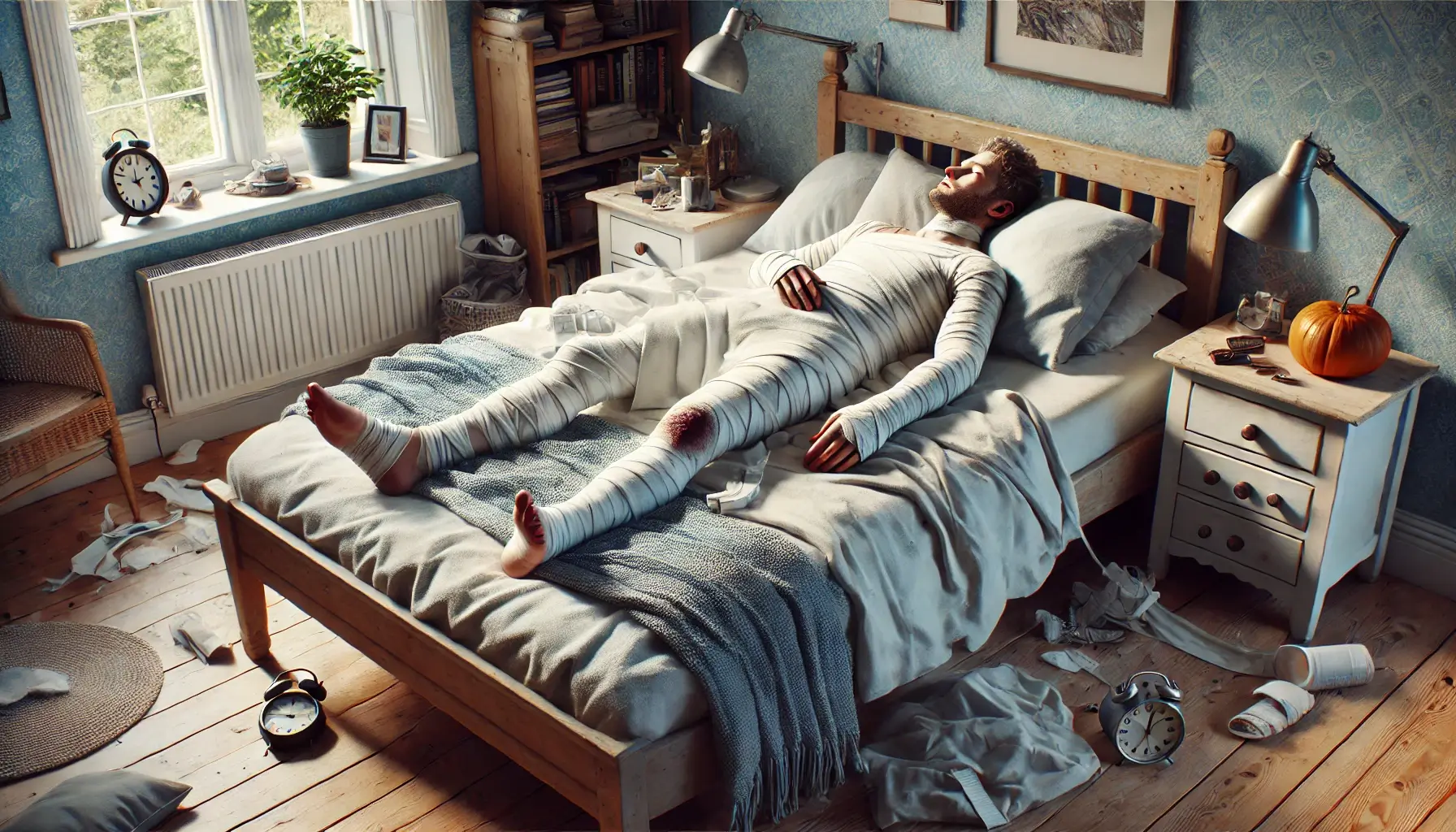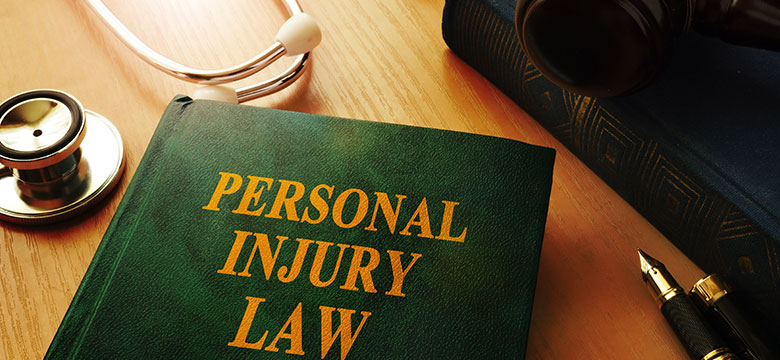The Most Common Personal Injury Cases
Personal Injury Cases
Many kinds of incidents could lead to Personal Injury claims, here are a few of the most common. Personal Injury law also known as “tort” law lets an injured person get compensation for someone else’s wrongful conduct or negligent actions that caused harm. There are a variety of situations that can give someone a valid personal injury claim, but remember that an injury does not automatically result in legal liability. Let’s look at some of the most common personal injury cases.
Car Accident Cases
Car accidents are the most common personal injury cases in the United States. When an accident happens, usually it is because someone isn’t following the rules of the road, or isn’t driving as carefully as they should be. A careless driver will usually be held financially responsible for injuries stemming from their car accident. Exceptions do exist in the dozen or so “no fault” states, where drivers have to collect from their own insurance except in cases with more “serious” damages.
Slip and Fall Cases
Slip and fall claims are another common type of personal injury case. Property owners have the legal duty to keep their premises reasonably safe and free of hazards, so that people who are on the property do not become injured. Of course, not all injuries that occur on the property will lead to liability. The exact nature of the landowners legal duties vary depending on the situation and according to the law in place in the state where the injury occurred.
Medical Malpractice
A medical malpractice claim can arise when a doctor or other health care professional provides treatment that fails below the appropriate medical standard of care, and a patient is injured as a result. But it’s important to keep in mind that getting a bad result in treatment doesn’t mean malpractice occurred, this is why medical malpractice lawsuits are often much harder to win in the court of law than other more common personal injury cases.
Defamation: Libel or Slander
Defamation is a form of libel or slander that refers to the injury of a person’s reputation as a result of untrue statements. The exact nature of what a defamation plaintiff must prove will vary on who the plaintiff is, and the forum where the statement was made. The average person usually needs to prove that an untrue negative statement was made and the actual harm or financial loss came from it. Celebrities or public figures on the other hand usually have to prove “actual malice”. This means they need to prove that the untrue statement was made intentionally with reckless disregard for truth.
Dog Bites
In most cases, the owner of the dog is financially responsible for bites and other injuries caused by the animal. The exact law varies from state to state, though in some cases, strict liability rules exist and the dog owner is going to be liable even if the dog has never shown any aggression or tendency to bite in the past. In other states the “one bite” rule exists, in which the owner only becomes responsible for personal injury damages once there is a reason for those dog owners to know their dog is aggressive or prone to bite.
Assault Battery and Other Intentional Torts
Unlike most other types of personal injury claims, intentional torts are not based on accidents caused by negligence or carelessness, but rather when one person harms or injures another on purpose. These cases can involve the added aspect of criminal charges against the perpetrator. For example when someone physically attacks another they can look at facing assault charges, battery etc. Additionally the victim can file a personal injury case in the court of claims and demand compensation for their injuries and liabilities now because of the incident
Sub Categories
Recent Articles
-
 Jul 22, 2024Seasonal Risks Leading to Different Types of Personal Injury Accidents
Jul 22, 2024Seasonal Risks Leading to Different Types of Personal Injury Accidents -
 Jul 22, 2024Common Injuries in Different Personal Injury Cases
Jul 22, 2024Common Injuries in Different Personal Injury Cases -
 Jul 22, 2024Maximizing Compensation in Personal Injury Accident Cases
Jul 22, 2024Maximizing Compensation in Personal Injury Accident Cases -
 Jul 22, 2024Unnatural Provable Negligence in Slip and Fall Cases
Jul 22, 2024Unnatural Provable Negligence in Slip and Fall Cases

